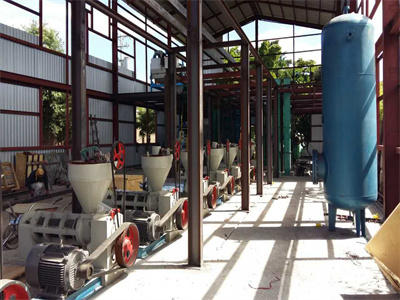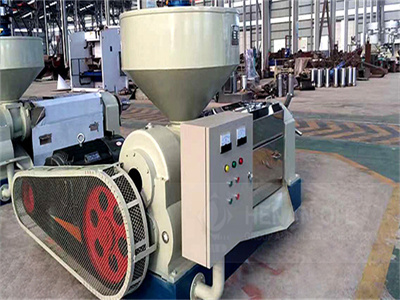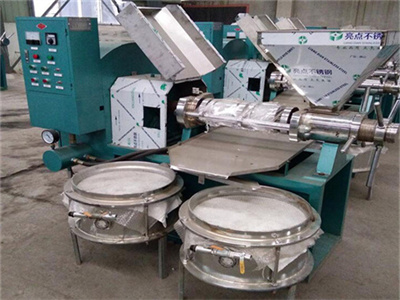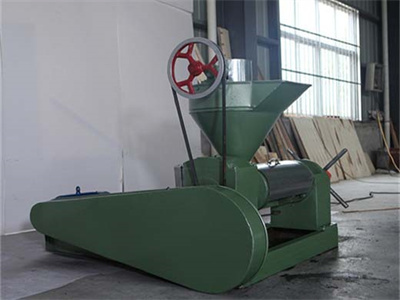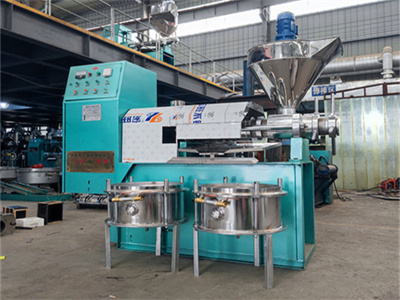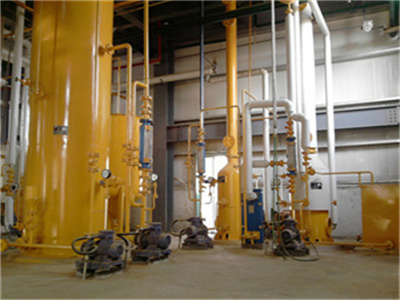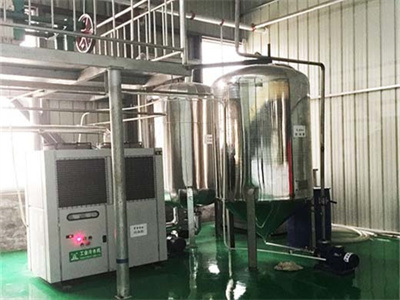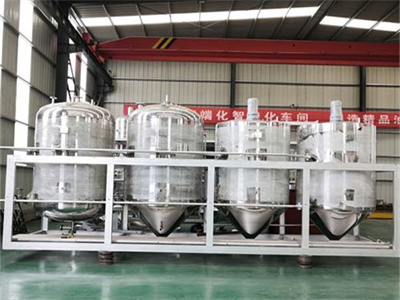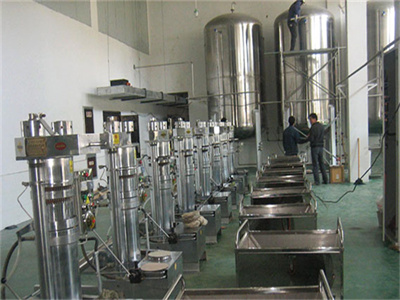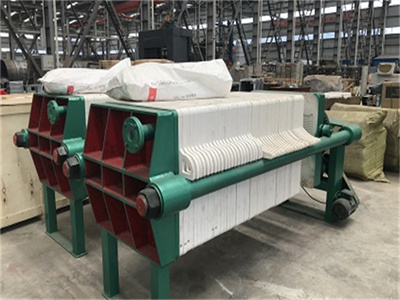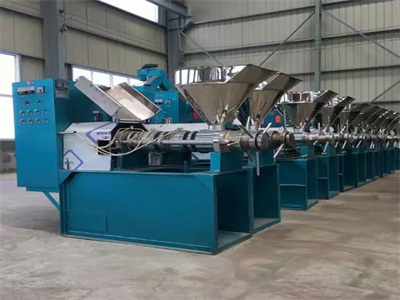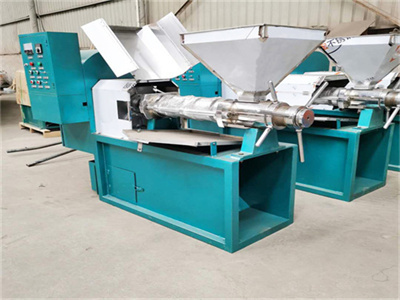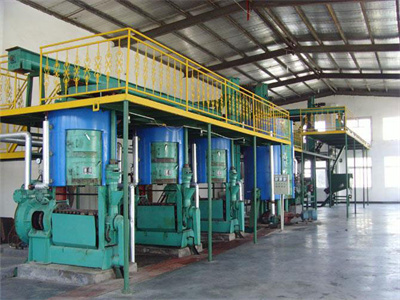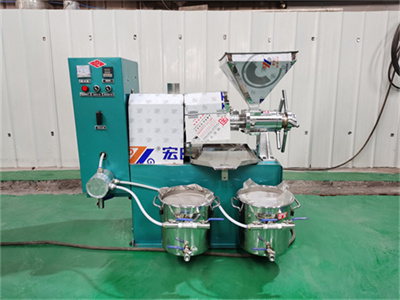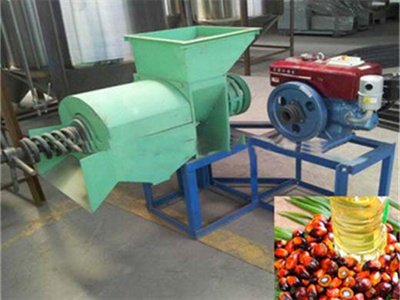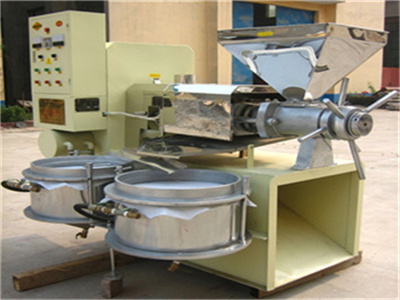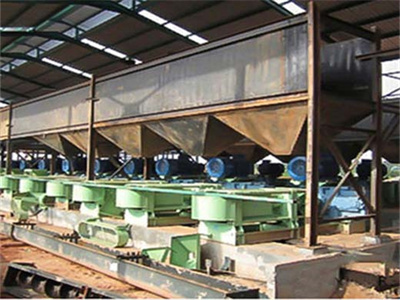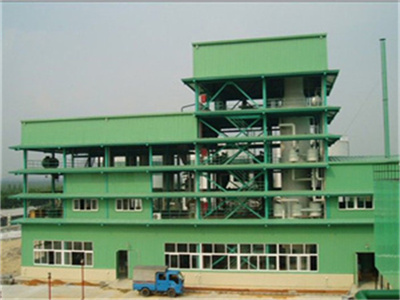nepal grace edible oil refining aids purification trisyl
- Applicable Industries:Manufacturing Plant
- After-sales Service:Engineer's on-site guidance
- Dimension (L*W*H):2850x1850x3270mm
- Production capacity:20-100 ton/day
- Voltage:380V/50HZ/3 phase
- Weight:420kg
- Power:55+11+4kw
- Advantage:High Efficiency
- Raw material range:mustard,niger seed
- Transport Package: Wooden Case Packaging
- Color:Customer's Request

grace edible oil refining aids purification machine
high quality for edible oil refining. we are synthetic amorphous micronized silica used for refining and processing of edible oils and fats to help improve quality, stability, and reduce neutral oil losses.. in refining edible oils and fats, high qualitys remove naturally contained and process-induced contaminants like soaps, phospholipids, and trace metals to ensure.

food beverage grace.com
recommended for refining of edible oils, trisyl® silicas can be used in the following operations, refining of all animal and vegetable oils and fats, elective removal of phospholipids, removal of trace metals and soaps associated with the oil refining process and as a “post-bleach” agent for removal of colloidal nickel and nickel soaps generated during hydrogenation.

grace renewable technologies drying purification
trisyl ® s ilica refining is an engineered synthetic adsorbent that significantly reduces phospholipids, trace metals and soaps from biodiesel feedstock oils and fats in both physical and chemical refinining operations.

grace food beverage additives and processing aids
grace has a developed portfolio of products for specialized applications in the food and beverage industry. they include: free-flow/anti-caking aids; beverage stabilization products; carriers for flavors and fragrances; and edible oil refining agents to improve the taste and shelf life of edible oils.

edible oil refining aids industriaminera.cl
edible oil refining aids. category content trisyl® silica for edible oils trisyl® silicas are recommended for refining of edible oils to help improve quality and stability, and recommended for the following operations:all animal and vegetable oils and fatselective removal of phospholipidsremoval of trace

biodiesel purification in one single stage using silica
we report a dry biodiesel purification method of one single stage treatment. the methodology is a solution for biodiesel refining saving money and process time. the treatment is made under conditions of vacuum and temperature. the selected adsorbent is silica trisyl 3000. silica behaves as a non-selective adsorbent of high capacity.

wo1996033621a1 sorptive purification for edible oils
discuss; 239000008157 edible vegetable oil substances 0 title claims abstract description 16; 238000000746 purification methods 0 title claims description 8; 239000000203 mixtures substances 0 claims abstract description 60; 238000004061 bleaching methods 0 claims abstract description 53; 150000007524 organic acids chemical class 0 claims abstract description 32; 239000002734 clay mineral.

trisyl silica gel for oils/fats and biofuel refining grace
trisyl® silica gel can easily be incorporated into different stages of the edible oil refining process, be it chemical, physical or enzymatic refining. trisyl® silica improves your process yield the concept of nol (neutral oil loss) on the filter cake is well known by the oils fats industry. by asking how

oil purification sciencedirect
if refining is located in connection with an oil mill, refining of the miscella is possible. to follow this process, the extraction miscella is concentrated to 40–58% oil content ( cavanagh 1976 ). caustic soda (7–26 bé) is added to the miscella to hydrate the phosphatides, and the mixture is run over a homogenizer for 15 s.

biodiesel purification in one single stage using silica
necessary parameters for mass transfer and adsorption were fitted from breakthrough tests with the aid of a linear driving force model.grace davison, trisyl silica for edible oil refining.

trisyl silica gel for refining edible oil grace.com
needs of the edible oil industry. trisyl® silica gel has the potential to fundamentally modernize the entire edible oil refining process. our global product portfolio, coupled with our know-how and global presence, allows our customers to meet the global and local challenges of the edible oil industry. purity properties

us6346286b1 sorptive purification for edible oils
us6346286b1 us08/429,326 us42932695a us6346286b1 us 6346286 b1 us6346286 b1 us 6346286b1 us 42932695 a us42932695 a us 42932695a us 6346286 b1 us6346286 b1 us 6346286b1 authority us united states prior art keywords acid composition accordance clay organic acid prior art date 1995-04-26 legal status (the legal status is an assumption and is not a legal conclusion.

chemical refining and physical refining of vegetable oil
edible/vegetable oil refining is a step by step process. refining removes phospholipids, pigments, off-flavors, free fatty acids and other impurities in the crude oil. the entire oil refining plant process comprises degumming/neutralization, bleaching, deodorization, and winterization.

refining of edible oils uk
the strength of the sodium hydroxide solution varies according to the acid content and oil type. during bleaching, a filter aid such as diatomaceous earth may be added to prevent the finer clay particles from blinding the filter medium. the problem edible oil refining is normally a high volume, continuous operation. the reagent additions are.

united states english grace.com
cookies on this website. we use cookies to collect and analyze information on our site's performance and to enable the site to function. by clicking &034;accept,&034; you agree to our use of cookies.

wo1994012596a1 process for the refining of edible oils
a method for refining triglyceride oils, preferably of natural origin. the method is particularly suitable for the refining of oils meant for direct consumption such as are sunflower oil, palm oil and olive oil. the method consists of a two-step treatment comprising a heating treatment and a subsequent stripping treatment. the stripping temperature is at 30-200 °c and the heating treatment.

physical refining of edible oils čmolík 2000
charles rashama, grace ijoma, tonderayi matambo, biogas generation from by-products of edible oil processing: a review of opportunities, challenges and strategies, biomass conversion and biorefinery, 10.1007/s13399-019-00385-6, (2019).

refining process edible oil production
refining process. chemical refining, also known as caustic and alkali processes used in refining system. process steps; degumming, neutralization, bleaching, winterization and, deodorization. the aim of refining is to remove that phospholipids, gums, free fatty acids, metal and soaps, high temperature melting components present in small quantities, volatile compounds (mainly ketones the oil press machine adopts physical pressing by using spiral extrusion to generate high temperature. it only takes a few minutes from the feeding to the finished product at one time.

w r grace and co customers by division and industry
edible oil refining agents, stabilizers and clarification aids for beer, juices and other beverages trisyl®, daraclar® pharmaceutical excipients and drug delivery syloid® fp, syloid® xdp, silsoltm fine chemical intermediates and regulatory starting materials synthetech™ chromatography purification media davisil®, vydac® chemical process

engineering r amp d: simplified food-oil refining
as any visitor to decatur, ill., and other centers of vegetable-oil refining can attest, creating edible oils is a capital-intensive process requiring massive centrifuges to remove fatty acids and other impurities. the separation process also involves sodium hydroxide, a caustic chemical that creates major waste-removal headaches for manufacturers.

